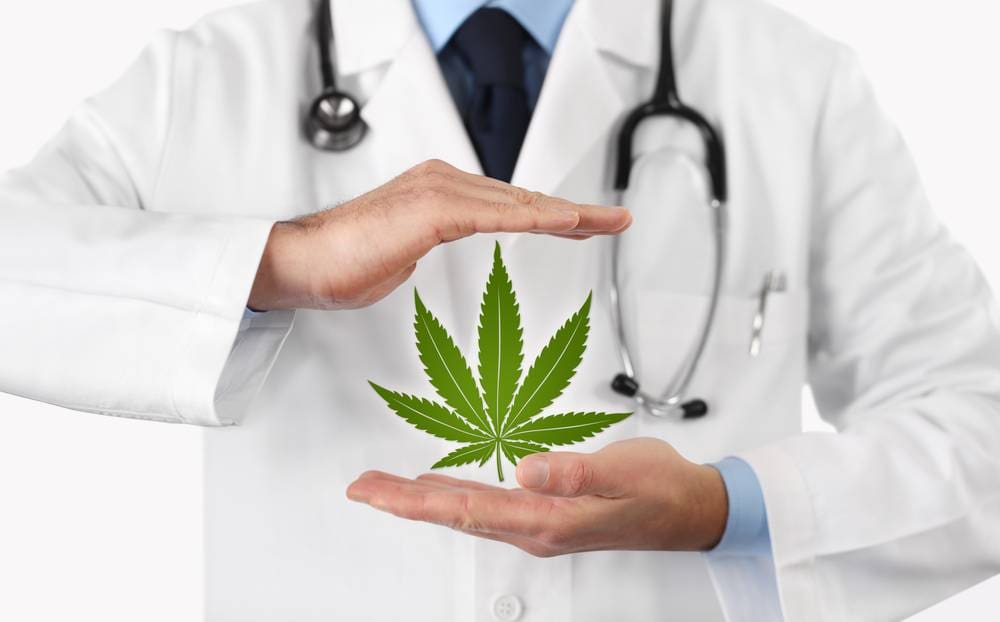With an ever-growing body of research, medical marijuana is increasingly being recognized for its potential therapeutic benefits. But what exactly is medical marijuana and what is it used for? Let’s dive in to gain a better understanding.
What is Medical Marijuana?
Medical marijuana refers to the use of the whole, unprocessed marijuana plant or its extracts to treat symptoms of illness and other conditions. It contains many different cannabinoids, two of which are of particular interest for therapeutic purposes: THC (Tetrahydrocannabinol) and CBD (Cannabidiol).
THC, the compound causing the high often associated with marijuana, contrasts with CBD, which is non-psychoactive. Different strains and types of marijuana, including products from Happy Hemp, have varying levels of these and other compounds, allowing for tailored benefits.
Uses of Medical Marijuana
Medical marijuana has shown promise in managing several health conditions. According to the Mayo Clinic, it’s often used to treat conditions such as:
- Chronic Pain: Many patients use medical marijuana to alleviate chronic pain, including pain resulting from conditions like arthritis and fibromyalgia.
- Nausea and Vomiting: Cancer patients frequently use medical marijuana to alleviate the nausea and vomiting associated with chemotherapy.
- Multiple Sclerosis (MS): Some research suggests that medical marijuana can help manage the spasticity associated with MS.
- Epilepsy: Certain forms of epilepsy, particularly in children, have been responsive to CBD-dominant strains of medical marijuana.
It’s essential to consult with a healthcare provider to determine whether medical marijuana could be beneficial for your specific circumstances.
How to Use Medical Marijuana: A Beginner’s Guide
If you’re new to medical marijuana, follow this step-by-step guide to start responsibly:
Step 1: Get a Medical Marijuana Card
In most states, you’ll need a medical marijuana card to purchase cannabis products for medicinal use. The exact process varies by state, but it usually involves a doctor’s recommendation.
Step 2: Understand Different Strains and Products
Different strains of cannabis have different effects, and different products (oils, edibles, tinctures) deliver these effects in unique ways. Therefore, research and consult with a professional to understand what type will work best for your needs.
Step 3: Start with a Small Dose
Above all, when starting with medical marijuana, it’s best to start with a small dose and slowly increase until you find the dose that provides the desired relief without unwanted side effects.
Step 4: Monitor Your Response
Keep track of how different doses and types of cannabis affect you. This information will be invaluable for refining your treatment plan over time.
IIn other words, Medical marijuana holds significant potential for those struggling with various health conditions. It’s essential, however, to use it responsibly and under the guidance of a healthcare provider. For more information about medical marijuana and other cannabis products, visit resources such as Project CBD or Happy Hemp.







